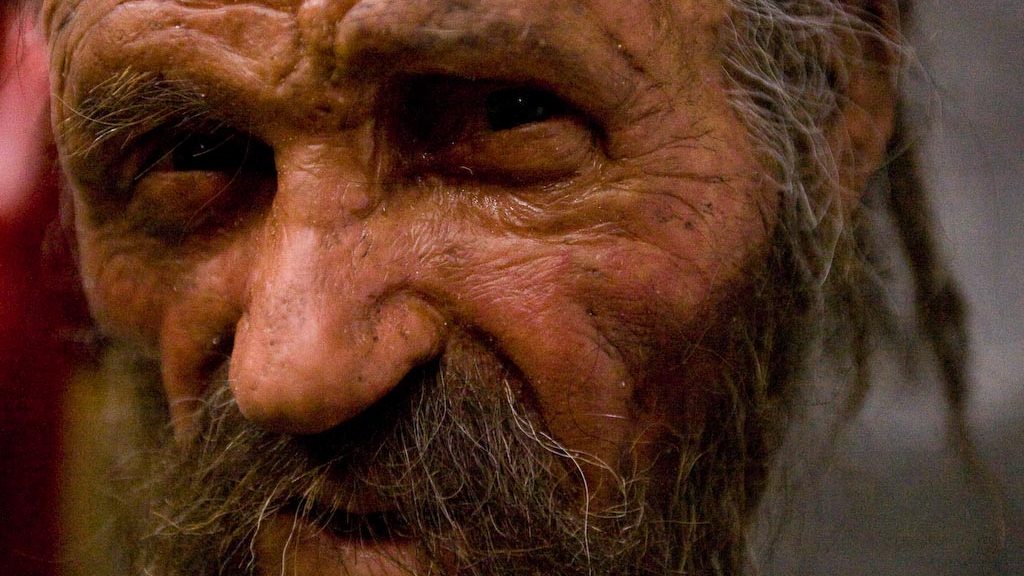Elizabeth Alexander on reawakening the arts in America.
Question: Does Obama’s presidency indicate a closer attention to the arts?
Alexander: I don’t think that is being overly optimistic or if it is, I’m right there and I think a lot of other people who care about creativity; creativity, not just for the sake of art itself but creativity as a way of looking at problems, looking at human beings, looking at the world from a number of different angles at the same time. I think that what we’ve seen from a lot of Obama’s political utterances that I think is very resonant with people who have, sort of, chosen the creative life and who find inspiration for the creative life is that there’s not one answer, many things are sometimes true at once. You can be in the midst of contradiction and not have that be a stopping point but rather be a way station on the road forward. We’ve heard a lot of that kind of language from him and I think that that’s something certainly that great literature tries to show us as well, that, you know, for example, to be a American is not one thing, to be American is multi-experiential, multilingual. It is… it is many, many, many different aspects of the human experience and that’s really part of what makes this, in my opinion, incredibly interesting country with a very, very vibrant art scene. It is that essence that is not one thing and… so I think that that comfort with contradiction as something that we’ve seen from the president as well so I see that as fertile ground for the arts.
Question: What’s the condition of poetry in the United States?
Alexander: What’s quite powerful about poetry is because it doesn’t really have much of a money marketplace, it has always survived. It is not dependent on patronage, it is not dependent on, you know, people going out and buying books so that the poet can stay in shoe leather. You know, poets always know that we have to support ourselves in other ways and so I think that paradoxically, perhaps, that’s a very good set of conditions with which to know that if you must make your art, you will continue to make your art. It also is an inexpensive art form when you think about it, I mean, there are no real supplies. Yes, it takes time and time is money but I think poetry has always found its way, you know, it’s grass in the cement cracks.
Question: How would you convince a skeptic to read more poetry?
Alexander: I would say, first of all, that it never hurt anybody which is to say go ahead and try it, right? I mean, there’s sort of no risk involved. I think that when people get all carried away and, you know, unhappy about feeling that poetry is being forced upon them, my response is often, “What it’s going to hurt you or anybody else if you read this poem? What’s going to happen if you take 5 minutes and read this poem?” So that’s to begin with and I think that, you know, poetry arrests us in wonderful ways, it makes us look at the material world in ways that we might not have thought otherwise. So in the tremendous reward of a common object situation, feeling, emotion, described in language that makes us understand it more deeply, more richly, a little bit differently, is one of poetry’s great gifts and rewards. The moment of pause that in essence, embodies the value of meditation, the value of not hastening through every utterance and every moment, the necessity of stopping and rethinking sometimes, all of that is what poetry kind of models for us. And I think what we ask poets in particular should do, artists as well, but poets in particular is to dig deeply in emotional well springs in the sort of feels of experience, to dig deeply also in the language, and in a sense, do the feeling for those who at that moment can’t.





